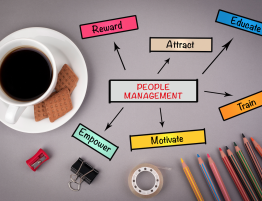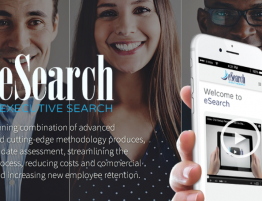
Recently I had a great discussion with an early career professional. This person contacted me about the possibility of making a job change, and he asked many questions about career choices. He was interested in how various options would impact his long-term career possibilities. He wondered if staying with his current firm would hurt his marketability should he later switch industries. Also, if he switched industries, at what career level should he do so. His questions were not uncommon, and we discussed them at length. Then he said something that struck me as interesting. He said there was no one in his company to talk with about these questions without raising concerns he might be in a job search mode.
Many employees have similar feelings. No matter how much employees like their current role, they may wonder if they are missing out on a better opportunity. Individuals can address this concern by creating and following a career plan. Employers have an opportunity-and an obligation–to help.
An article by Right Management shows that employers enhance employee engagement by providing career planning help, and two-thirds of individual performance drivers tie to career conversations. To create a dedicated team of employees, organizations must develop career plans for each team member.
Sean Conrad, Certified Human Capital Strategist with Halogen Software, says career development is the second most impactful way to increase employee engagement. More to the point, employees will look elsewhere if their career advancement desires are not fulfilled.
In an article published by Forbes magazine, author Lisa Quast cites a study that explored employees’ and managers’ perception of whose responsibility it is to drive career development. The results showed key disparities. 74% of workers believe employers should provide professional development and career paths for them. However, an overwhelming majority of managers believe workers should take responsibility for their own career development. This gap sheds light on an opportunity for employers to engage with employees in a meaningful way.
Many employers provide mentors, coaches, development plans and succession plans for their people. For employers that do not, an article published by SHRM provides great suggestions. The benefits of increased employee engagement and productivity will outweigh the investment.
Here at Future State Talent, we provide career planning, employee engagement, succession planning and other consulting services. Please let us know if you would like to discuss career planning for your employees.








